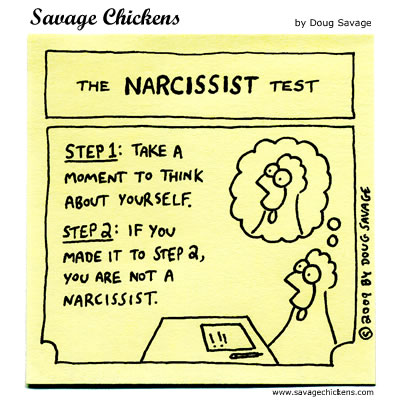Came across a disturbing report by Steve Visser in The Atlanta Journal-Constitution that clearly illustrates how far we have to go in getting the mentally ill the help they need.
Mood music:
http://youtu.be/yndfqN1VKhY
The headline: Mentally ill inmates languish in local jails
From the article:
Detention Officer Terroyanne Harris considers the inmates she oversees on 3 North as much patient as prisoner. They suffer from schizophrenia, bipolar disorder, post-traumatic stress and other mental illnesses. Some walk aimlessly around their cell block. Some are lost in hallucinations.
Most are in the Fulton County jail because they are more of a nuisance than a danger in the free world.
Taken into custody for petty crimes such as trespassing, damaging property or resisting an officer, some end up trapped in a revolving door of arrest and release. Others languish behind bars for years as they wait to be declared competent enough to stand trial.
Fulton County is not an aberration. The same is true in DeKalb, Cobb and Gwinnett counties, as well as some rural counties in the state.
Jails have become the new asylums. In Georgia, more mentally ill people are locked away than are treated in all the state psychiatric hospitals combined.
This is bad for a variety of reasons, the first being that a mental illness sufferer’s chance of recovery is seriously diminished in a bleak environment like that. Environment can make all the difference. I know from experience.
My OCD and depression run hot whenever I spend too much time indoors, hidden from the daylight. Even walking into a hospital to visit someone for an hour has a depressing impact on me. It’s a bleak environment, where people are essentially imprisoned by their illnesses. But it’s still better than the inside of a jail cell.
The article captures one aspect of this tragedy quite well:
With more mentally ill people on the streets, more have run-ins with the law. A Supreme Court decision in the mid-70s made it harder to involuntarily commit those with mental illnesses. Jail is where many land.
I can’t help but think of the fellow in my hometown people call Crazy Mike.
In any city there’s a guy like him.
The stereotype is usually a long beard, ratty clothes and the fellow is usually living on the street. He talks aloud to no one in particular and falls asleep on playground equipment.
People like to laugh at him.
I’m no saint. I’ve made my share of fun of people like this, and in the rear-view mirror, looking back at my own struggle with mental illness, it makes me feel ashamed. It makes me the last guy on Earth who would be fit to judge others for poking fun at someone less fortunate.
Is Mike better off in a jail cell? I can picture him easily getting detained for disturbing the peace and ending up in the slammer. But I can’t picture him being better off.
I think of all the war veterans who are on the street or in jail because their experiences in combat left them traumatized for life. They fought for their country and deserve better.
The state of Georgia needs to reform its system now. Locking the mentally ill away in jail isn’t just tragic. It’s outrageous. I don’t fault officers in the correctional facilities. They seem to be doing the best they can with the tools they have. The problem is that these inmates shouldn’t have landed there in the first place.
Here’s hoping Georgia and other states find a way to solve this problem.









